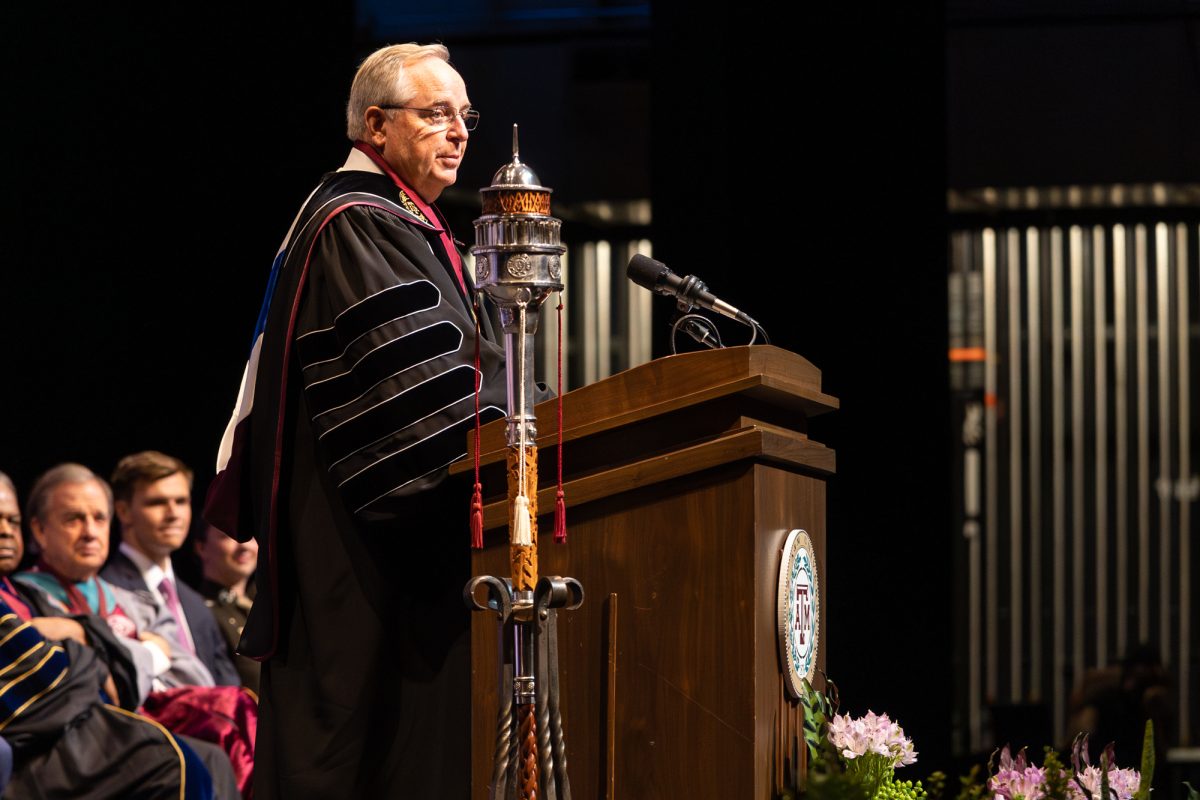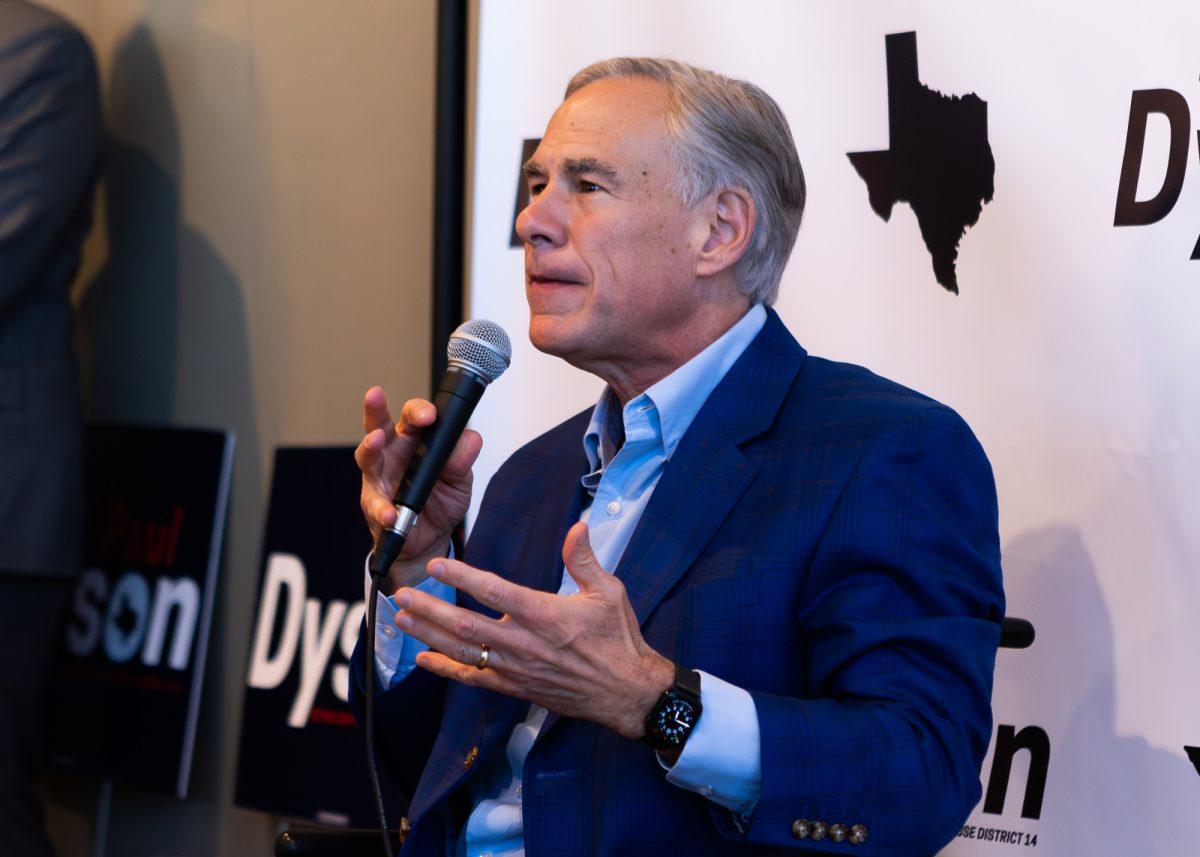The future of a high-speed rail in Texas will be at the forefront of a Transportation Symposium discussion Thursday.
The Texas Tribune and the Texas A&M Transportation Institute have partnered for Thursday’s symposium, which will focus on the topics of the possible construction of a high-speed rail in Texas, the future of urban mobility and opinions from TXDot officials and Texas A&M System Chancellor John Sharp.
Senior research engineer for the Texas A&M Transportation Institute Ginger Goodin, who will speak on the topic of urban mobility, said she will be bringing up how the projected growth of Texas’ population doubling by 2050 presents many challenges and how technology in the transportation sector will have an impact on transportation.
“As we look to the really significant challenges we have in our major metro areas in the state — congestion, safety, air pollution — when you have thriving urban centers like we have in Texas … the problems are going to continue to be a challenge,” Goodin said. “So I’m hoping we get into talking about some of those kind of new ideas and where technology plays a role in addressing these really significant problems.”
Ben Leman, Grimes County judge and “Texans Against High-Speed Rail” board of directors member said in regards to the high-speed rail, there are two reasons why it is important for Texas A&M students to come to the symposium in which he will be giving input.
“This project is the biggest infrastructure project in the history of Texas by far,” Leman said. “If you want to live in a state where private businesses for a private purpose can take your land, then you are changing Texas drastically.”
CEO of The Texas Tribune Evan Smith, who will be one of the moderators at the symposium, said the challenge for the state is figuring out how to get a growing population from place to place more efficiently. As a moderator, Smith said his goal is to ask questions that will inform the audience.
“I think the state has been grappling on what to do for highway funding, toll roads, high-speed rails and the great many other options that exist … and students are affected by this as we all are,” Smith said.
The approval of the high-speed rail and the use of eminent domain are the two main topics Leman hopes to discuss on Thursday. The company Texas Central Partners, which is the entity planning to complete the high-speed rail project, does not need approval from the state of Texas to complete the project. However, the impact the completion of this project will have on the surrounding communities will outweigh any possible statewide need for this project and that is not a concern on Texas Central Partners radar, Leman said.
“Regardless of whether one wants this project or does not want this project, we should all agree that the power of eminent domain is a very strong power and there is a process in place and sequence of steps that need to occur in a specific order to make sure that power is justified as determined by the state or the federal government,” Leman said.
However, a press release for Texas Central Partners stated there are multiple benefits of the rail being installed and will, “generate steady tax revenue for local communities, pumping more than $36 billion into the state economy over the next 25 years.”
The rail will benefit everyone who has access to the rail and specifically Texas A&M as it will, “maintain and help bolster TAMU’s connection with people and ideas around the state, Texas Central said.”
‘Texas Tribune’ to host Transportation Symposium, talk high-speed rail
November 1, 2016
Photo by Provided
Transportation
0
Donate to The Battalion
$90
$2500
Contributed
Our Goal
Your donation will support the student journalists of Texas A&M University - College Station. Your contribution will allow us to purchase equipment and cover our annual website hosting costs, in addition to paying freelance staffers for their work, travel costs for coverage and more!
More to Discover











